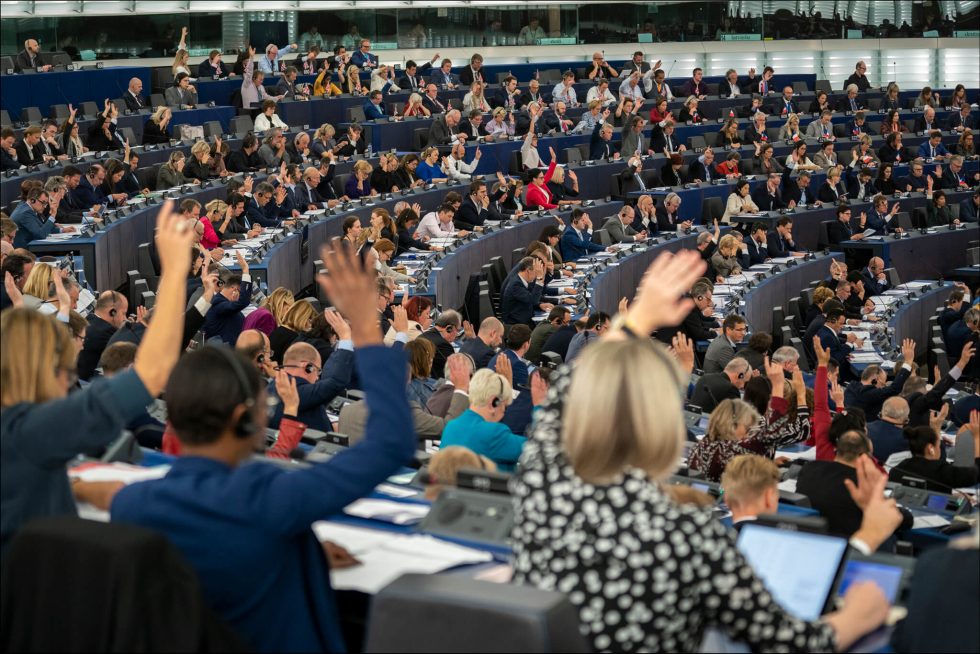
The Chancellor Rishi Sunak presented his first Budget on Wednesday 11 March 2020. In his speech, he stated ‘we are at the beginning of a new era in this country. We have the freedom and the resources to decide our own future’.
The Government announced a series of support packages for those businesses who may be affected by the Coronavirus outbreak. There was also a huge amount of investment agreed for UK infrastructure, alongside a host of taxation measures that could have implications for your personal and business’ affairs. Among the key announcements of the Budget were Coronavirus (COVID-19) and Statutory Sick Pay (SSP)
Coronavirus & SSP
The Prime Minister had already announced that the forthcoming COVID-19 Bill will temporarily allow Statutory Sick Pay to be paid from the first day of sickness; rather than the fourth day.
The Budget sets out further measures to broaden the eligibility of SSP:
- Individuals who are unable to work because they have been advised to self-isolate
- People caring for those within the same household who display COVID-19 symptoms and have been told to self-isolate
These changes are designed to make SSP more accessible to employees and prevent so-called ‘presenteeism’, where staff come in when they are unwell.
Small and medium-sized businesses will be able to recover additional SSP incurred in relation to COVID-19, under the following criteria:
- The refund will be limited to two weeks per employee
- Employers with fewer than 250 employees will be eligible. The size of an employer will be determined by the number of people they employed as of 28th February 2020
- Employers will be able to reclaim expenditure for any employee who has claimed SSP (according to the new eligibility criteria) as a result of COVID-19
- Employers should maintain records of staff absences, but should not require employees to provide a GP fit note
- The eligible period for the scheme will commence from the day on which the regulations extending SSP to self-isolators come into force
Main Budget tax proposals
Our summary concentrates on the tax measures which include:
- A reduction in the Entrepreneurs’ Relief lifetime limit from £10 million down to £1 million
- An increase in the Research and Development Expenditure Credit
- £1,000 increase in the Employment Allowance from £3,000 to £4,000
- An increase in the rate of Structures and Buildings Allowance
- An increase and extension of business rates discounts
- Corporation Tax to remain at 19%
Previously announced measures include:
- The increase to the National Insurance thresholds
- The introduction of off-payroll working for the private sector
- Changes to Principal Residence Relief.
Some Budget proposals may be subject to amendment in the 2020 Autumn Budget and subsequent Finance Act. You should contact us before taking any action as a result of the contents of this summary.
Budget 2020 Other Announcements
Investment for electric vehicles
The Government has promised a ‘comprehensive package of tax and spending reforms’ to make it cheaper to buy zero- and low-emission vehicles. Key to this is the extension of the plug-in car grant until 2022/23. However, its value has now been reduced to £3,000 (down from £3,500) and now excludes cars over £50,000. The Chancellor has set aside £403m to fund this, alongside over £129m to extend the plug-in van grant, taxi and motorcycle grants for the same period.
Business rates retail discount
The Government had already announced that, for one year from 1st April 2020, the business rates retail discount for properties with a rateable value below £51,000 in England will increase from one third to 50% and will be expanded to include cinemas and music venues.
Infrastructure
There were a raft of changes announced in the Budget, which should boost the productivity of small businesses, such as:
- A new £500 million Potholes Fund
- £5 billion to support the rollout of gigabit-capable broadband in the most difficult to reach 20% of the country
- 15 local road upgrades across the country, including junction improvements to the A350 in Wiltshire, a link road connecting Chesterfield to Staveley, and a dual carriageway in Warwickshire
- £12.2 billion for the Affordable Homes Programme
Modus’ Summary
Currently, in the short-term there is considerable uncertainty with the threat of coronavirus. We at Modus remain positive and are sure once coronavirus is dealt with, the UK’s medium to longer term outlook is very positive. The Chancellor has the same positive beliefs and is undoubtedly confident that the UK economy look to be heading in the right direction, becoming more productive.
Contact Modus if you’d like to arrange a call, regarding your accounts. We’d love to hear from you! Contact Modus

